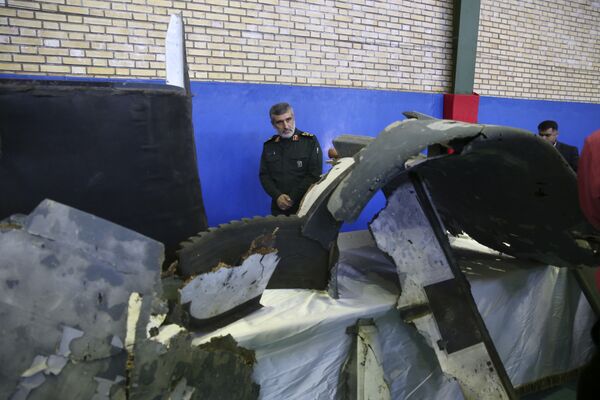After heated deliberations which lasted over six hours, 41 senators voted to reject an amendment to the NDAA which would give them authority to block the president's military operations abroad, with the amendment's sponsors thus failing to reach the 60 vote supermajority required.
Presently, the president has the authority to authorise military operations against foreign countries using legislation granted to the Oval Office in the aftermath of the 9/11 terror attacks. The controversial provision, which critics have called a "blank cheque" for military adventurism abroad, has been used repeatedly by the US over the past two decades for controversial interventions in countries across Africa, Asia and the Middle East, including Afghanistan, Iraq, Libya, Syria, Ethiopia and Yemen.
Earlier, amendment co-sponsor Tim Kaine, a Democratic senator from Virginia, warned that a US war against Iran "would be a colossal mistake," and urged his colleagues to approve the measure to prevent the Trump administration from "fomenting, encouraging, blundering toward" and "rushing into a third war in the Middle East."
Democratic Senator Thomas Udall of New Mexico and Republican Senator Rand Paul of Kentucky also supported the amendment, while Republican Senate Majority Leader Mitch McConnell of Kentucky dismissed its proposals as "radical new restrictions" which would leave the president's "hands...tied" if passed.
Friday's vote took place a day after the 2020 NDAA itself was passed, with the document approving $750 billion in spending on defence, including $642.5 billion for the Pentagon, $23.3 billion for the Department of Energy's security programs, and $75.9 billion for the 'overseas contingency operations fund.' providing cash for possible US military operations abroad.

The amendment's failure to pass comes amid the rapid escalation of long-running tensions between the US and Iran last week over the shoot down of a US drone by an Iranian missile. The US claims the drone was shot down flying in international waters over the Strait of Hormuz, while Iran says the unmanned aircraft had violated its airspace and received two warnings before being destroyed. Earlier this week, President Trump threatened to use "overwhelming force" to "obliterate" Iran if it attacked "anything American" again. Iranian Foreign Minister Mohammad Javad Zarif called Trump's threats of "obliteration" tantamount to threats of "genocide," and warned that "whoever begins war will not be the one ending it."




